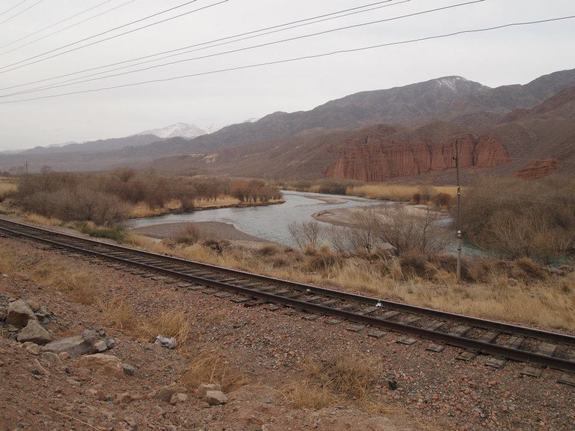


Frances Haugen speaks at Westminster on Facebook’s role in inciting violence through its engagement-based algorithm, using Myanmar and Tigray as examples of “literally fanning ethnic violence“.
As the African continent becomes more digitized, African governments have increasingly used digital technologies as a tool to stifle criticism and freedoms.
The Internet and social media platforms have unprecedentedly enabled communities on the margins and voices of dissent to coordinate and gather, acting as pillars of modern democracy. Without the democratic tool of network accessibility, selected populations deemed opposition to the state are rendered voiceless, invisible and isolated. This poses great risks to lives, livelihoods, health and safety, and the upholding of human rights. In addition, it obstructs any processes of accountability over the actions and atrocities of governments.
29 African countries have blocked access to social media platforms in the past 5 years, 14 of these being election-related. However, its cryptic use over the continent has targeted political opponents, journalists, protestors, civil society or civilians.
Somalia in 2020 felt an internet outage that began the morning after Somalia’s parliament ousted PM Hassan Ali Khaire from his position, in a vote citing a failure to deliver democratic elections. Chad cut access to social media platforms, including WhatsApp, Twitter, Facebook, Instagram, and YouTube, for 472 days between 2018- 2019, stating that it was necessary for “security reasons”, just as President Idriss Deby, president of Chad since the 1990s, was pushing to stay in power until 2033.
In the first five months of 2021, there were at least 50 internet shutdowns in 21 countries worldwide, including the longest internet shutdowns on record. As the frequency in use of network disruptions and shutdowns by governments increase, the greatest risks endanger the populations already facing authoritarian governments or civil unrest, further exacerbating the most vulnerable.
Nigeria banned Twitter on June 5, 2021, after the social media platform removed a post by President Muhammadu Buhari that violated Twitter’s guidelines on inflammatory speech. During the #endSARS anti-police brutality protests in Nigeria, the government even considered legislation that would legalise them enacting internet shutdowns. “The repercussions of this censorship in Nigeria and in Africa are worrying. If Africa’s largest economy can do this, then other governments will feel empowered to do the same ”said Julie Owono, Executive Director of Internet Without Borders.
India’s BJP government has the highest number of internet shutdowns – 109 out of the 155 globally in 2020. As the world’s largest democracy, it is also the world’s largest instigator of network disruptions.
Authorities in Jammu and Kashmir have imposed internet shutdowns at least 16 times so far in 2021, following the longest internet shutdown on record in a democracy (August 4, 2019 to March 4, 2020).
In September 2019, Bangladesh ordered a shutdown over all 3G and 4G services in refugee camps, leaving only limited calls and text messages available to the over 1 million Rohingya refugees residing in Cox Bazar – in the same week that 15,000 Rohingya refugees had been displaced due to monsoon rains.
Ethiopia’s digital blackout on the over 6 million civilians of Tigray over the past 11-months is evidence of another African power perpetrating forced silence and isolation against those deemed against the national agenda. The ongoing siege over Tigray is a testament to the catastrophic potential of digital technologies in war, as state-led mass atrocities continue to be empowered through its use, whilst remaining unseen.